About the Authors
Gerard Goggin is a postdoctoral research fellow at the Centre for Critical and Cultural Studies, University of Queensland, Australia. Goggin has published widely on telecommunications and new media. From 1993 to 1997, he was policy advisor for Consumers Telecommunications Network, Australia. After that, he taught media studies at Southern Cross University, Lismore, Australia. Goggin holds a Ph.D. from the University of Sydney; his doctoral research focused on Mary Wollstonecraft, William Godwin, and Percy Bysshe Shelley.
Goggins current research projects include a cultural history of the Internet in Australia, and an investigation of the cultural implications of broadband media technologies.
Christopher Newell is senior lecturer in the School of Medicine of the University of Tasmania, Australia, teaching at undergraduate and graduate levels in the areas of bioethics and disability studies. He is a person who lives with disability; this life experience influences his active research interests in a variety of areas including new media, telecommunications, bioethics, and biotechnology. He is a member of a variety of boards including the Council of the Australian Telecommunications Industry Ombudsman and the Australian Medical Council.
Newell is active with a variety of community and disability organizations and has received several awards for his work including recognition from the Australian Human Rights and Equal Opportunity Commission. In 2001 he was presented the Australian Achiever award in the Australia Day Awards by the Prime Minister. In 2001 he was appointed as a Member of the Order of Australia.
Digital Disability
C RITICAL M EDIA S TUDIES
I NSTITUTIONS , P OLITICS , AND C ULTURE
Series Editor
Andrew Calabrese, University of Colorado
Advisory Board
Patricia Aufderheide, American University
Jean-Claude Burgelman, Free University of Brussels
Simone Chambers, University of Colorado
Nicholas Garnham, University of Westminster
Hanno Hardt, University of Iowa
Gay Hawkins, The University of New South Wales
Maria Heller, Etvs Lornd University
Robert Horwitz, University of California at San Diego
Douglas Kellner, University of California at Los Angeles
Gary Marx, Massachusetts Institute of Technology
Toby Miller, New York University
Vincent Mosco, Carleton University
Janice Peck, University of Colorado
Manjunath Pendakur, Southern Illinois University
Arvind Rajagopal, New York University
Kevin Robins, Goldsmiths College
Saskia Sassen, University of Chicago
Colin Sparks, University of Westminster
Slavko Splichal, University of Ljubljana
Thomas Streeter, University of Vermont
Liesbet van Zoonen, University of Amsterdam
Janet Wasko, University of Oregon
Recent Titles in the Series
Floating Lives: The Media and Asian Diasporas,
edited by Stuart Cunningham and John Sinclair
Continental Order? Integrating North America for Cybercapitalism,
edited by Vincent Mosco and Dan Schiller
Social Theories of the Press: Constituents of Communication Research, 1840s to 1920s, second edition,
Hanno Hardt
Privacy and the Information Age,
Serge Gutwirth
Global Media Governance: A Beginners Guide,
Sen Siochr and Bruce Girard
The Global and the National: Media and Communications in Post-Communist Russia,
Terhi Rantanen
Newsworkers Unite: Labor, Convergence, and North American Newspapers,
Catherine McKercher
Digital Disability: The Social Construction of Disability in New Media,
Gerard Goggin and Christopher Newell
Forthcoming in the Series
Critical Communication Theory: Power, Media, Gender, and Technology,
Sue Curry Jansen
Principles of Publicity and Press Freedom,
Slavko Splichal
Internet Governance in Transition: Who Is the Master of This Domain?
Daniel J. Par
Recovering a Public Vision for Public Television,
Glenda R. Balas
Herbert Schiller,
Richard Maxwell
The Party System and Public Service Broadcasting in Italy,
Cinzia Padovani
Contesting Media Power: Alternative Media in a Networked World,
edited by Nick Couldry and James Curran
Harold Innis ,
Paul Heyer
The Blame Game: Why Television Is Not Our Fault ,
Eileen R. Meehan
Elusive Autonomy: Brazilian Communications Policy in an Age of Globalization and Technical Change,
Sergio Euclides de Souza
Film Industries and Cultures in Transition,
Dina Iordanova
ROWMAN & LITTLEFIELD PUBLISHERS, INC.
Published in the United States of America
by Rowman & Littlefield Publishers, Inc.
A Member of the Rowman & Littlefield Publishing Group
4720 Boston Way, Lanham, Maryland 20706
www.rowmanlittlefield.com
PO Box 317, Oxford, OX2 9RU, United Kingdom
Copyright 2003 by Rowman & Littlefield Publishers, Inc.
All rights reserved. No part of this publication may be reproduced, stored in a retrieval system, or transmitted in any form or by any means, electronic, mechanical, photocopying, recording, or otherwise, without the prior permission of the publisher.
British Library Cataloguing in Publication Information Available
Library of Congress Cataloging-in-Publication Data
Goggin, Gerard, 1964
Digital disability : the social construction of disability in new media / Gerard Goggin and Christopher Newell.
p. cm.(Critical media studies)
Includes bibliographical references and index.
ISBN 0-7425-1843-4 (cloth : alk. paper)ISBN 0-7425-1844-2 (paper : alk. paper)
1. Computers and people with disabilities. 2. Digital mediaSocial aspects. 3. Sociology of disability. I. Newell, Christopher, 1964 II. Title. III. Series.
HV1569.5 .G64 2002
303.48'3dc21
2002009977
Printed in the United States of America
 The paper used in this publication meets the minimum requirements of American National Standard for Information SciencesPermanence of Paper for Printed Library Materials, ANSI/NISO Z39.48-1992.
The paper used in this publication meets the minimum requirements of American National Standard for Information SciencesPermanence of Paper for Printed Library Materials, ANSI/NISO Z39.48-1992.
For
Denys and Margaret Goggin,
and Jill Newell,
with thanks for your love, encouragement and nurture,
and for all you are and all that you do.
Gerard and Christopher
Acknowledgments
Endorsing the disability rights motto nothing about us without us, we wish to thank the international disability rights movement who cooperated and supported, and who have provided the inspiration for a piece of research that seeks to bring together in dialogue the academy and a diverse social movement.
Similarly we are indebted to our colleagues in the Australian consumer movement, activists with whom we have shared many meetings and forums on telecommunications and new media, especially Trish Benson, Phil Harper, Elizabeth Morley, and Ian Wilson. Robin Wilkinson, AM, deserves our special thanks for constantly reminding us of why our research is important, and for the gifts of her encouragement and love.
We have been fortunate to have received generous support from many academic colleagues including Trevor Barr, Mike Bourk, Mike Clear, David Holmes, Helen Meekosha, Andrew Jakubowicz, Lelia Green, Jock Given, Justine Lloyd, Baden Offord, Tom ORegan, Trevor Parmenter, Shelley Tremain, McKenzie Wark, and Helen Wilson.
In the telecommunications industry, Robert Morsillo, Margaret Portelli, Ted Benjamin, and Graeme Ward stand out as particularly important, in being willing to enter into frank dialogue. We have learned much and, even when we could not always agree, gained crucial insights into the commercial world of telecommunications.


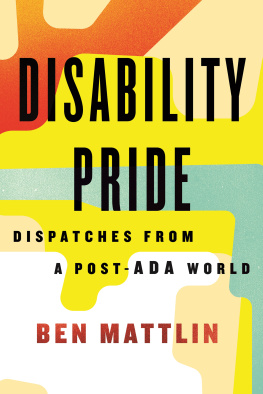
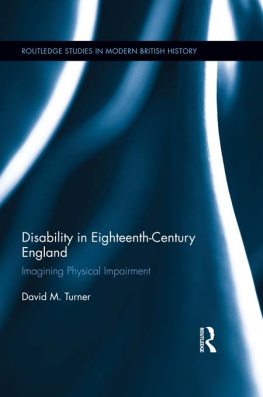
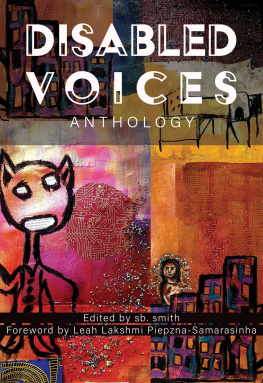
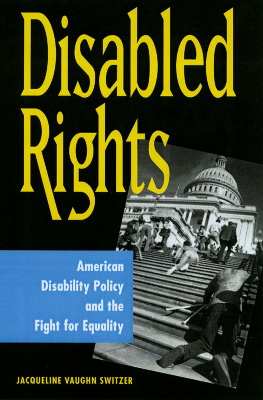
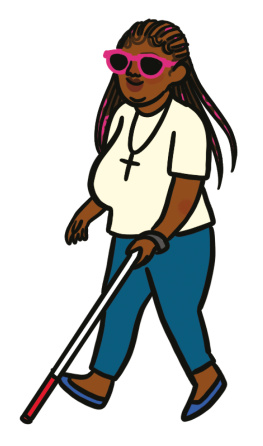
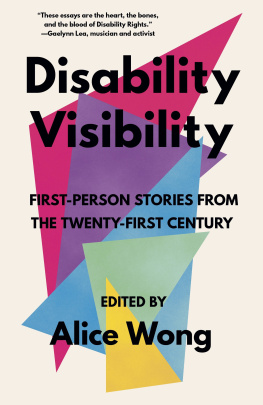
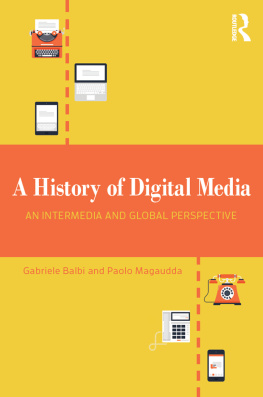

 The paper used in this publication meets the minimum requirements of American National Standard for Information SciencesPermanence of Paper for Printed Library Materials, ANSI/NISO Z39.48-1992.
The paper used in this publication meets the minimum requirements of American National Standard for Information SciencesPermanence of Paper for Printed Library Materials, ANSI/NISO Z39.48-1992.